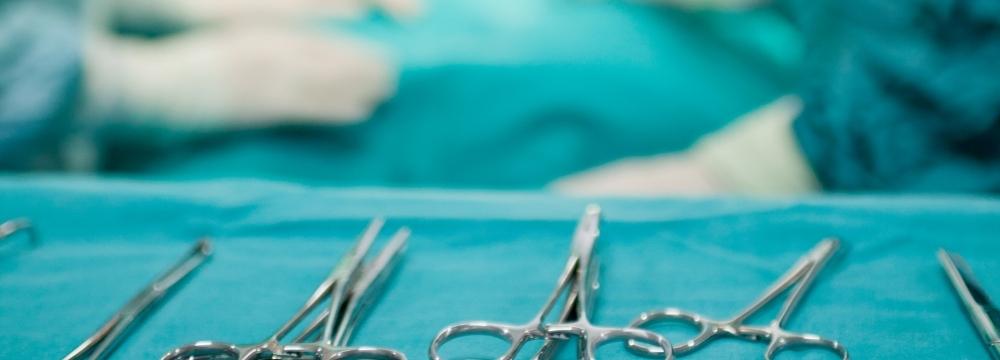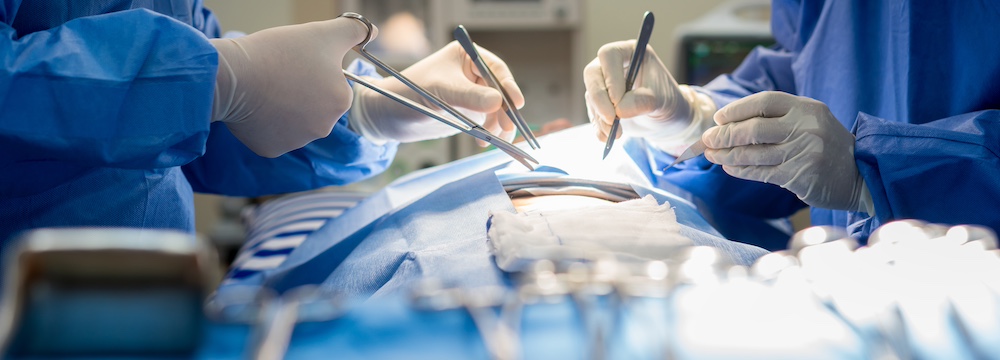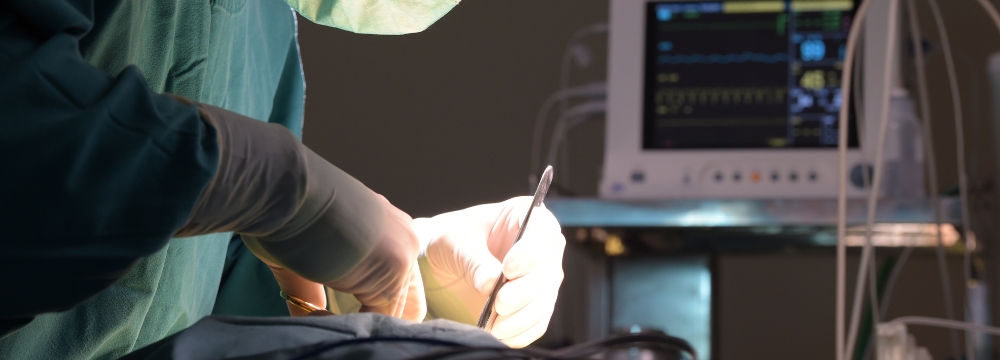Hernia
Hernias are a progressive condition, and some patients delay surgical treatment because they are worried about the potential pain of surgery. This blog discusses pain after hernia surgery and how you can minimize it. Straight to the point? You’ll be happy to know that hernia surgery pain is less of a factor due to better technology and newer surgical techniques. Yay!
Is a Hernia Itself Painful?
It can be. If you have a symptomatic hernia, it is worth noting that you probably experience some burning, heaviness, or pain associated with the hernia anyway. If you are a good candidate for surgery, simple outpatient hernia surgery can handle this. However, you must be aware of the potential complications of incarcerated and strangulated hernias – abdominal tissue that has become stuck in the defect. Incarcerated hernias are those that cannot be reduced into the abdomen. Typically, they present as a lump that doesn’t go away, even when you lie down. These are concerning and must be evaluated by a surgeon immediately. Strangulated hernias are even more serious. This is when the incarcerated tissue has had its blood flow cut off. These hernias are an emergency because they can lead to the destruction of the tissue within the hernia. If left entirely untreated, they can even lead to death.
Surgical pain.
These days, hernia surgery is performed in a minimally invasive manner. This means that tiny incisions are made in the abdomen through which the surgical tools are passed. For many patients, three little holes, one of which is usually in the navel, are enough to perform the entire procedure. These incisions are so small that surgical pain has been reduced to a minimum. Of course, you will have discomfort after skin punctures and musculature, but this usually subsides within a few days after surgery.
Mesh pain.
New mesh technology has reduced the potential pain associated with hernia mesh dramatically. Old mesh technology required titanium tacks to affix it to the abdominal musculature. These tacks created inflammation and potentially irritating surrounding nerves that could create long-term pain. New technology then allowed for dissolvable tax That reduced long-term pain but could still irritate the nerves. Today, meshes are self-adhering, requiring no affixation at all. That said, any foreign body in the abdomen will create inflammation, which can cause discomfort, especially early on after surgery. Again, this discomfort is normal, but if you have any questions or concerns, speak to your surgeon for more information.
Long-term chronic pain.
If you have researched hernia surgery, especially inguinal hernia repair, you may have encountered the concept of long-term chronic pain. The exact incidence of longer-term chronic pain is largely unknown, but it exists. However, concern about chronic pain has been addressed in several ways. First, improved mesh and affixation technology, as mentioned above, has reduced the inflammatory process in the abdomen and thus reduced the chance of chronic pain. Dissection using blunt instruments instead of sharp tools has also reduced nerve involvement when accessing the hernia.
It is also worth noting that the amount of pain and discomfort you had before surgery indicates the chance of chronic pain. Therefore, we typically recommend that good surgical candidates have surgery as soon as the hernia becomes symptomatic. Waiting too long can increase the risk of pain after the procedure.
So, What Is the Takeaway?
Hernias can be uncomfortable or even painful. Hernia surgery can be the same. Most importantly, you should seek appropriate care from your medical team and a general surgeon like Dr. Huguet or Dr. Peterson as soon as a hernia becomes symptomatic. If you feel or see a lump or feel heaviness, burning, or pain in your abdomen, the first call should be to your doctor. If this pain is significant and debilitating, or if you have redness in your abdomen, groin, or upper thigh, this could be an emergency, and you should seek immediate medical care by calling 911 or going to the emergency room as soon as possible.
For non-emergency hernia issues, we encourage you to schedule a consultation with our office to learn more about your options for hernia surgery.











